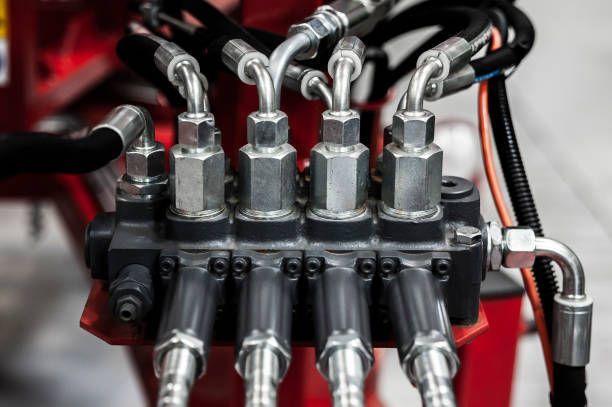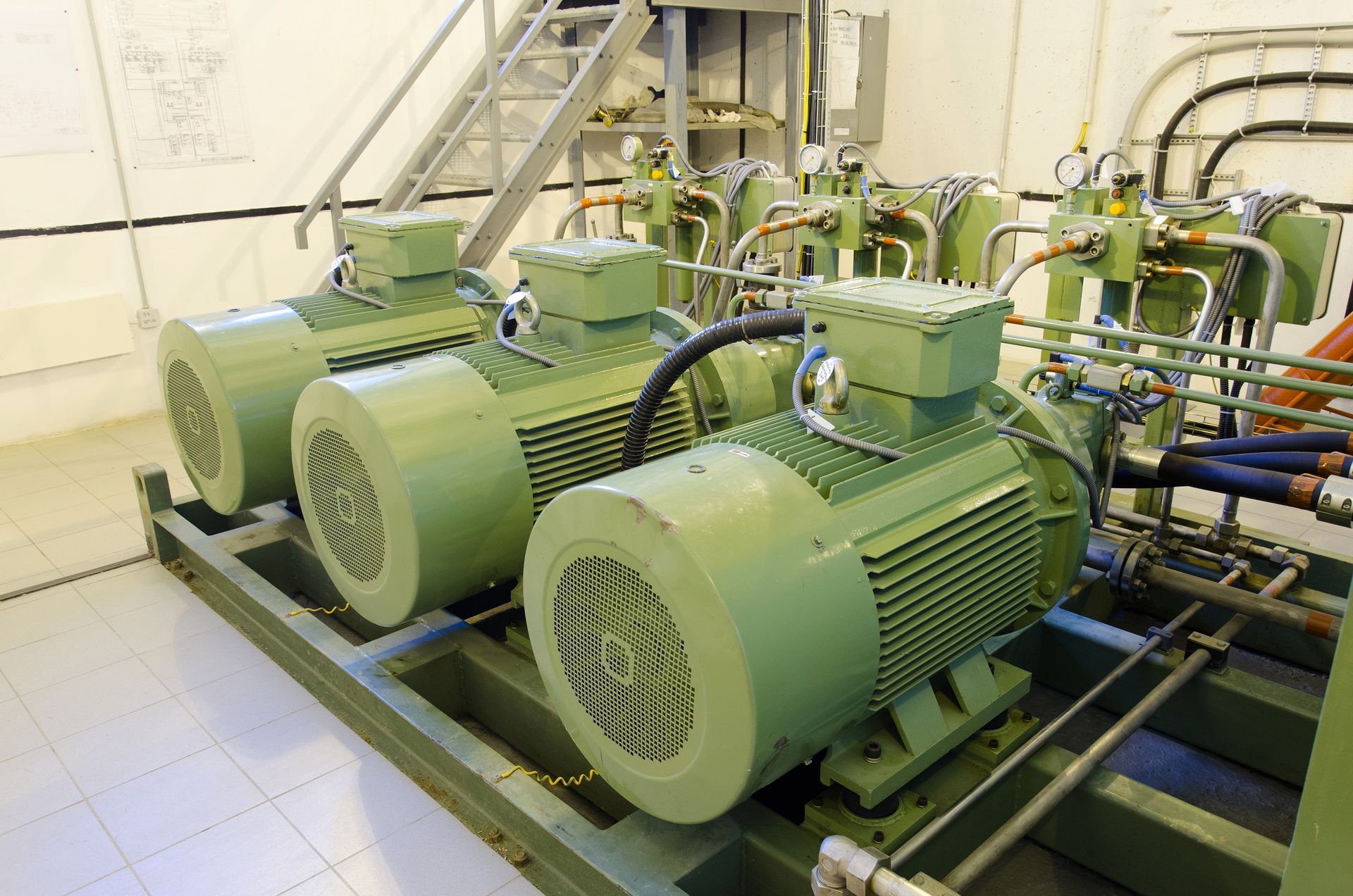3 Common Hydraulic Press Problems, Causes, and Prevention Options
If you rely on a hydraulic press to shape metal components or perform other tasks at your facility, then you can experience productivity loss when your press malfunctions. For this reason, you should be aware of the most common hydraulic press problems and how to prevent them to help keep your business running smoothly at all times.
Read on to learn about three common hydraulic press problems, their causes, and steps you can take to help prevent these problems before they develop.
1. Oil Leaks
One of the most common hydraulic press problems is an oil leak. These oil leaks cannot only create a mess and potentially cause your hydraulic presses to begin malfunctioning, but they can also pose a great fire hazard. When oil leaks from a hydraulic press, it is often released in mist form because this oil is so highly pressurized and hot. This mist often goes unnoticed until it ignites when it hits an open flame and quickly starts a fire.
Oil in a hydraulic press can leak from the system's piston oil seal, pump plunger, or release valve rod.
An overfilled oil reservoir, a contaminated check ball, or damaged piston packing is often what causes leaks from the piston oil seal. To prevent these problems, never overfill your oil reservoir, clean or replace check balls regularly, and replace piston packing before it begins to show signs of wear and tear.
When oil begins to leak from a pump plunger or release valve rod, the cause is often loose packing nuts or worn packing. Prevent this problem by inspecting the machine and tightening packing nuts when needed and by replacing packing on a regular basis.
2. Press Not Building Pressure
Another common hydraulic press problem is a press that will not build pressure. Unlike oil leaks, the cause of a hydraulic press system that stops producing pressure can vary greatly.
Before you begin examining your machine for other problems, first check the system directional control setting to ensure it is not reversed. If the setting is optimal, then next, determine if there is a blockage in the system that is preventing fluid from reaching the hydraulic pump. A pump that is not receiving enough fluid can stop building pressure.
If your pump is receiving fluid, then the cause of the lack of pressure may be a problem with the machine drive motor. Damaged or misaligned drive motors can often create pump pressure problems.
While pump pressure problems can occur unexpectedly, you can help prevent them by properly maintaining your equipment and taking steps to avoid hydraulic fluid contamination that can lead to pump clogs.
3. Hydraulic Drift
Another common hydraulic press problem is hydraulic drift. While hydraulic drift can lead to many hydraulic press problems, the telltale sign that your press is suffering from this problem is a press that stops operating smoothly and instead makes jerky movements during operation.
While the main cause of hydraulic cylinder drift is unequal pressure in the cylinder across the piston, the cause of this pressure imbalance can stem from multiple hydraulic press problems.
Sometimes, contaminated hydraulic fluid causes hydraulic drift. Hydraulic drift can also occur when a hydraulic press system overheats. When a system runs too hot, the excess heat can damage system seals by causing them to become too hard and brittle to function properly. Another possible cause of hydraulic drift is a piston rod seal leak. If this leak becomes severe, the piston rod will often stop working completely.
To help prevent hydraulic drift, inspect your system's hydraulic cylinder on a regular basis. During this inspection, check the cylinder piston for corrosion that signals it needs replacement before cylinder drift begins. Also, examine system seals and connection devices for wear and tear regularly and replace these components when needed.
If your business is equipped with one or more hydraulic presses, then you should understand the most common hydraulic press problems, their causes, and how to prevent them. Contact the hydraulic press experts at Quad Fluid Dynamics, Inc. for all of your hydraulic press needs today.


